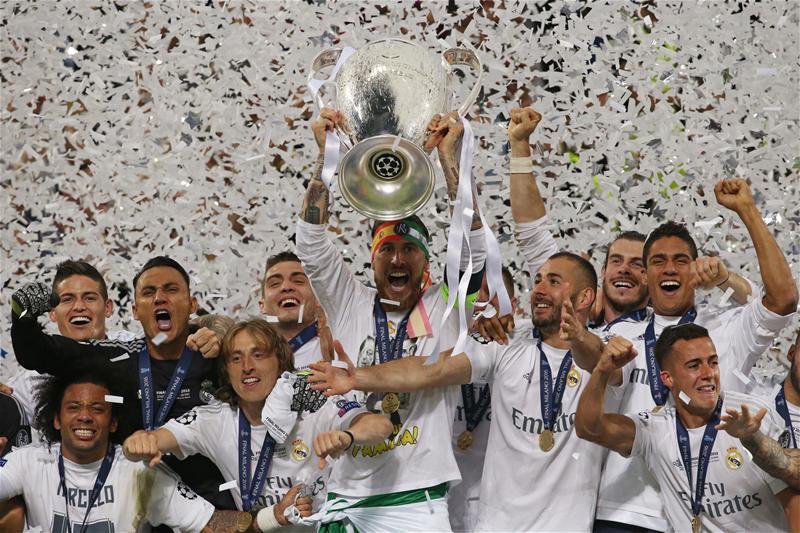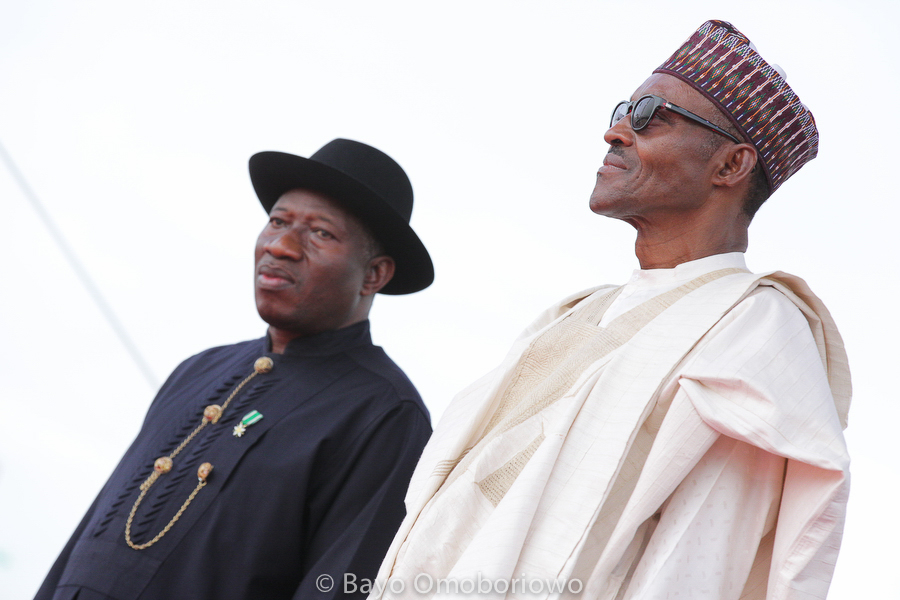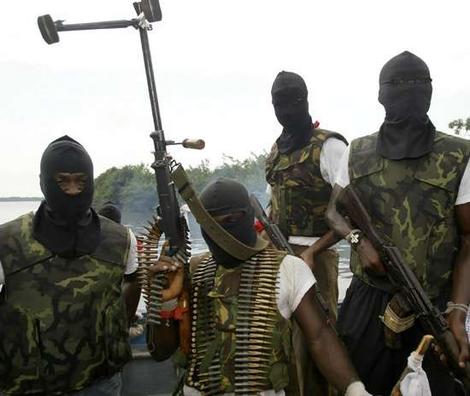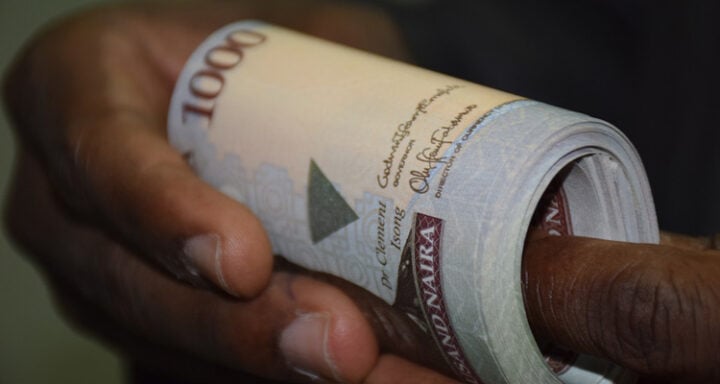President Muhammadu Buhari, the man who made history as the first leader to oust a sitting Nigerian president via democratic means, has seen what it means to lead a peculiar nation.
In his own little way, the president of Africa’s biggest economy, who rode to power on the wings of change, has transformed the face of business in Nigeria.
Here are five ways Buhari has changed doing business in Nigeria:
WORLD BANK’S BITTERSWEET INDEX
In Buhari’s one year in office, the World Bank has released just one “ease of doing business” report, and it’s bittersweet. Its sweet in the sense that Nigeria took a leap of change from 170 to 169, moving one spot up the ease doing business ladder.
Advertisement
Though Nigeria overtook one country on the ladder, it actually became harder to do business in Nigeria. The ease of doing business index fell from 47.33 in 2015 to 44.69 in 2016.
The world bank stated epileptic power supply and lack of clear rules and enforcement as the major reasons why Nigeria lost some points in its ease of doing business.
The bank said power “is a core sector for the generation of national wealth and employment in Nigeria, but faced with an electricity sector hampered by poorly utilized generation capacity, high transmission losses and frequent outages, companies turn to self-provision of electricity”.
Advertisement
“This raises their production costs, reducing their competitiveness and thus their demand for labour. The erratic and inadequate power supply in Nigeria has often been cited as the main reason forcing multinationals to relocate production lines to other countries.”
The president and Vice President Yemi Osinbajo have promised to deliver 7,000 megawatts of electricity before the end of 2016. Nigeria is keeping hope alive.
RIDING THE SYSTEM OF CORRUPTION: NO MORE TAX EVASION
As a general who fought for Nigeria during the civil war, Buhari promised that he would not just be remembered as one who fought the war, but a patriot who fought corruption to its knees.
Speaking in India, in October, 2015, Buhari said: “I want to be remembered by Nigerians as a genuine patriot who not only fought the civil war but also fought corruption to standstill.”
Advertisement
The battle against corruption has recorded some feat, as the business environment now knows that things have taken a new dimension.
In the past, tax waivers were the order of the day. Saratu Umar was fired as the executive secretary of the Nigerian Investment Promotion Commission (NIPC) on the suspicion that she leaked information on the granting of questionable tax waivers estimated to be worth $20 billion.
The senate, during the past week, revealed that Nigeria lost N106 billion to import duty waivers in 2015 alone. That has begun to change as the president remains strict on revenue generation via duties and taxes.
The Federal Inland Revenue Service (FIRS) has never been more active. FIRS led by Babatunde Fowler has taken the tax enforcement to the doors of the high and mighty. Evasion is becoming history.
Advertisement
WIN-WIN TAX INCENTIVES
Bright ideas have seen the light of the day in the past 12 months. Every bright business environment encourages incentives, and Nigeria under Buhari has found a good way to do that.
According to Babatunde Fashola, minister of works, power and housing, private companies can fix public facilities and get tax incentives (tax remission) in return.
Advertisement
“Council approved Memo for Dangote subsidiary to fund and build Obajana-Kabba road using cement, in exchange for tax incentives,” Fashola said at a federal executive council meeting.
“This is not a Dangote-only issue. There’s an existing tax policy that states that any individual or investments in publicly-owned infrastructure is entitled to make claims on remission of income tax obligations.
Advertisement
“It is like a credit advance to the government, the road or infrastructure ultimately belongs to the government.”
Private companies can now fix government road, and get tax incentives. That’s good business for the people, the government, and the private sector. Win-win!
Advertisement
THE FOREIGN EXCHANGE QUAGMIRE
President Buhari will not be the one who will kill the naira. Resolved! But he may be the president who would distort economic activities in the private sector.
Since Buhari came into office, the naira has gone from about N218 to the dollar to N350 on the average, but the official price has remained at 197 to the dollar. With dwindling oil prices and plunging reserves, there has been a lot of pressure on the naira, pushing it to new lows. A yuan-deal signed in China was meant to ease the pressure on the naira, but the deal, as we understand, is still incubating its way to reality.
Getting foreign exchange for importation of goods at competitive prices has become increasingly difficult, as the Central Bank of Nigeria (CBN) is focused on growing local industries.
After 11 months of maintaining a seemingly rigid forex policy, the CBN monetary policy committee (MPC) has agreed to employ a flexible exchange rate system, with little or no details on the policy.
The current forex policy has seen a number of companies leave the country, while some others are coming in.
BUHARINFLATION?
Inflation is here with us. With 12 months in office, businesses under Buhari and the masses have had to deal rising inflation.
Of the 12 months spent so far, inflation has risen every month but one, moving from nine percent in May, 2015 to 13.7 percent in April. A bag of rice which sold for about N9,000 in May 2015 has gone up to over N15,000 in May 2016.
Buhari’s second year starts in a few hours. The question remains’ Will the president stem inflation or make Nigerians sleep in their country and wake up in Zimbabwe?
Add a comment







